2024 ELECTION POLLING ERRORS
Everyone thought that the 2024 election would be a neck and neck race, with nearly every pollster predicting a near tie. What no one expected was a swing state sweep by president-elect Donald Trump. This gross miscalculation in polling and unprecedented victory exists in stark contrast to all elections since 2012; while each of these have had moderate polling errors, the 2024 polling failure was truly an outlier. The question everyone is wondering is how did pollsters fail to predict the outcome?
PREVIOUS POLLING ERRORS
In 2012, Massachusetts governor Mitt Romney polled better than he performed against then-incumbent Barack Obama. In the 2012 election, Massachusetts Governor Mitt Romney unexpectedly lost to then-incumbent Barack Obama. According to MIT News, the polling errors were between 7 and 10 points higher towards Governor Romney than they should have been. Similarly, former president Obama did much better than he was supposed to, winning by a considerable margin of 21 % percentage points. This polling error mirrors all three cycles in which Trump ran for president; he has polled significantly worse than he ended up performing, including his loss in 2020. This was mainly because of one thing: his silent majority.
This polling discrepancy for Trump first became obvious with his 2016 win, when according to 270towin.com, Clinton was supposed to win in an electoral landslide; however, she lost many states that were projected wins, including Florida, Pennsylvania, Wisconsin, Michigan, and North Carolina. This inaccurate prediction is likely due to the overwhelming and unprecedented wins by Obama in the previous two cycles that she was unable to sustain against Trump.
POSSIBLE EXPLANATIONS:
- THE TRUMP SILENT MAJORITY
According to The Hill, a silent majority occurs when people have strong political opinions but don’t vocalize them. These people don’t regularly answer polls, and they don’t talk to people to give them an idea of their political stance. And for the last three cycles, a majority of these people have voted for Trump. Another contribution to the silent majority is how many people from groups who haven’t generally voted red did this cycle. For example, more white women voted for Trump than Harris (52% to 47%).

Graph from Statisa
- ECONOMY
People tend to trust Donald Trump more with the economy, and, according to ABC News, the economy under Biden turned some people away from Harris, who has such close ties to him. Also, as CBS News points out, Harris’s more socially-progressive approach simply isn’t feasible, for people who are struggling financially, to vote for. In Biden’s term, inflation rates have gone up at least 4% annually according to Investopedia, which demonstrates one of the financial factors that turned America toward Trump.
- FAMILY INFULENCE
Another factor that may have influenced Trump’s victory is familial guidance. According to NBC News, Trump’s sons Donald Jr. and Eric influenced his VP choice of JD Vance, who, according to a poll conducted by YouGov, handily beat Tim Walz in the Vice-Presidential debate, 46% to 32%. His youngest son, Barron, convinced him to do interviews with people such as Joe Rogan, which led to a spike in Gen Z support.

Source: Tufts.edu
Note: Youth who are “Nonbinary/Other” have been cropped out solely because there’s no 2020 data.
In conclusion, Donald Trump’s lack of a political background prior to 2016 and mixed support have made it very difficult to predict his polling.
WHAT WERE THE POLLING ERRORS?
The average polling error of every state that could swing (AZ, FL, GA, PA, NV, NC, MI, WI, NH, NM, MN, VA, TX), according to the AP, was 2.6 points for Trump. Harris was actually expected to win all of the Blue Wall states (PA, MI, WI), which would have won her the election, but they were swept by Trump. This means, surprisingly, he did better in 2024 than his shock win in 2016, popular vote and electoral vote.
Additionally, voter turnout was down significantly in big blue cities in swing states according to the New York Times. Philadelphia and Detroit are good examples of this. This is because people are distrustful of both Democrats and Republicans, which led to a higher amount of votes for 3rd party candidates such as Jill Stein and RFK Jr., or refusal to vote at all. Will pollsters be able to make more accurate predictions next election?


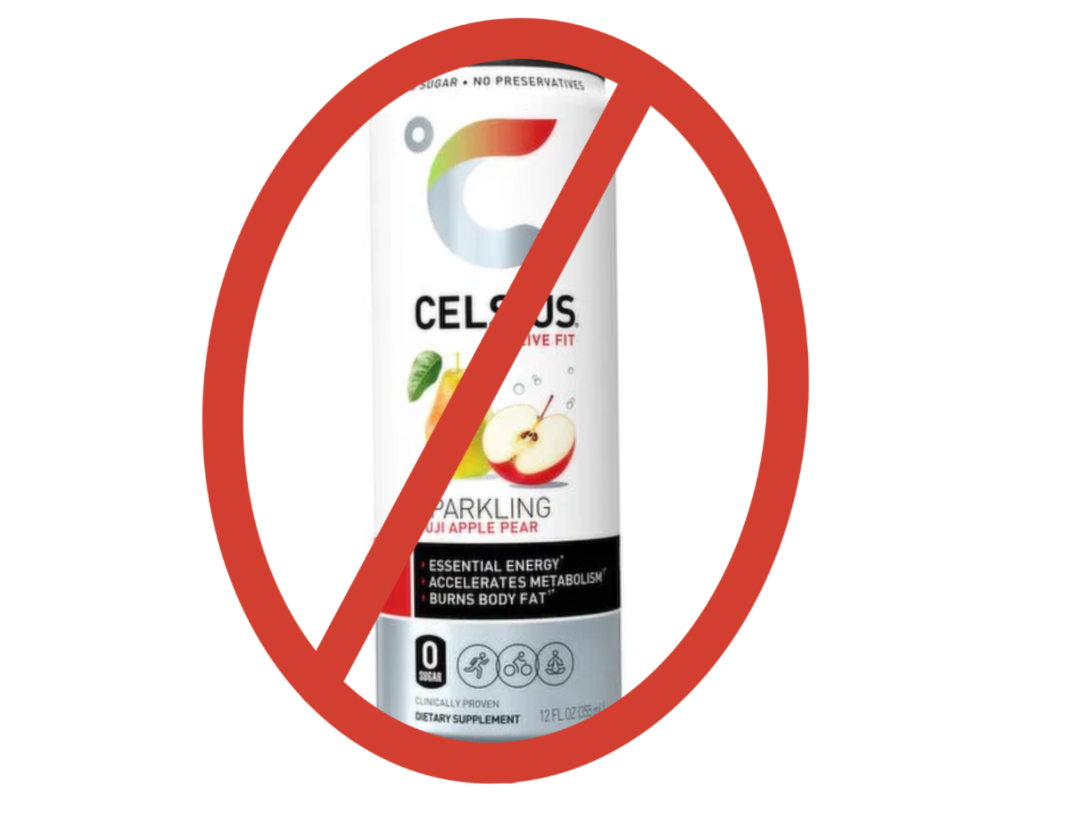
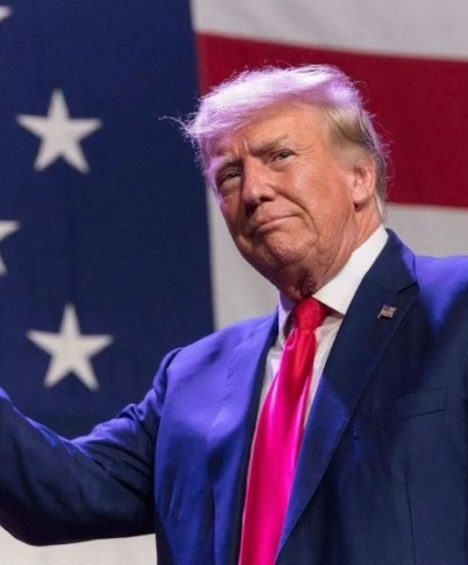




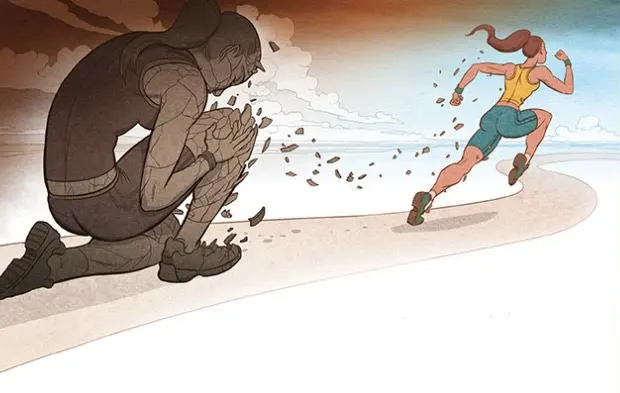
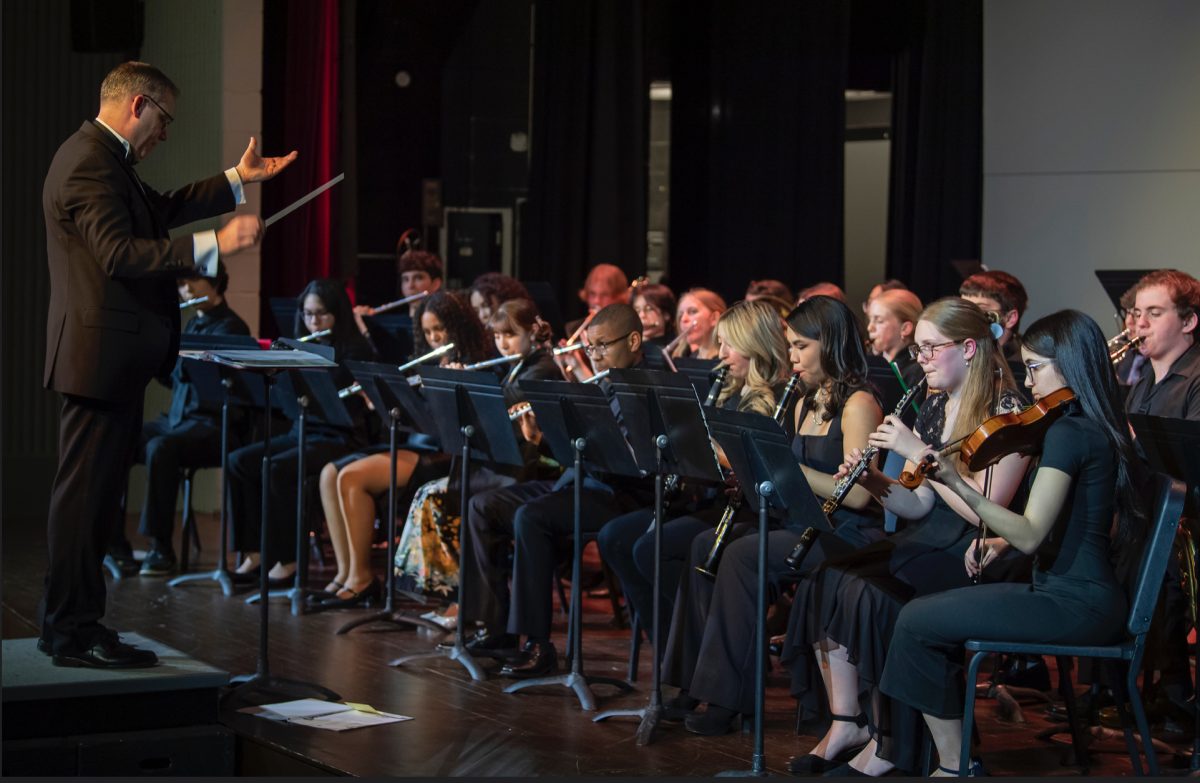



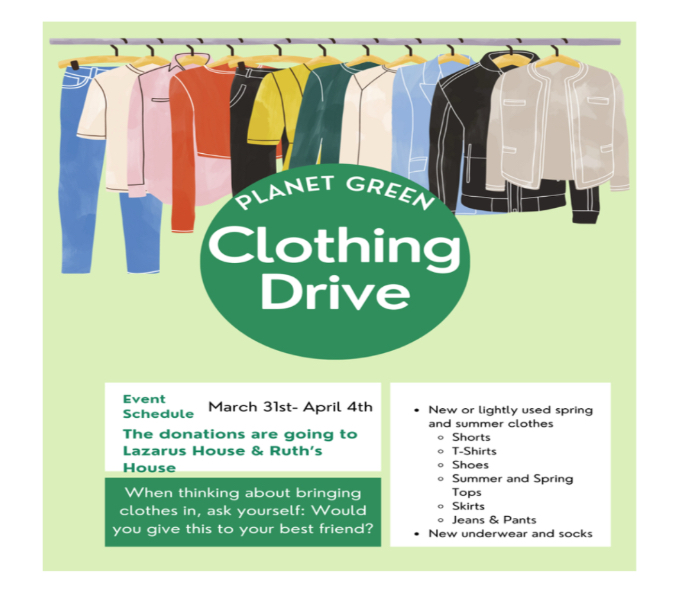





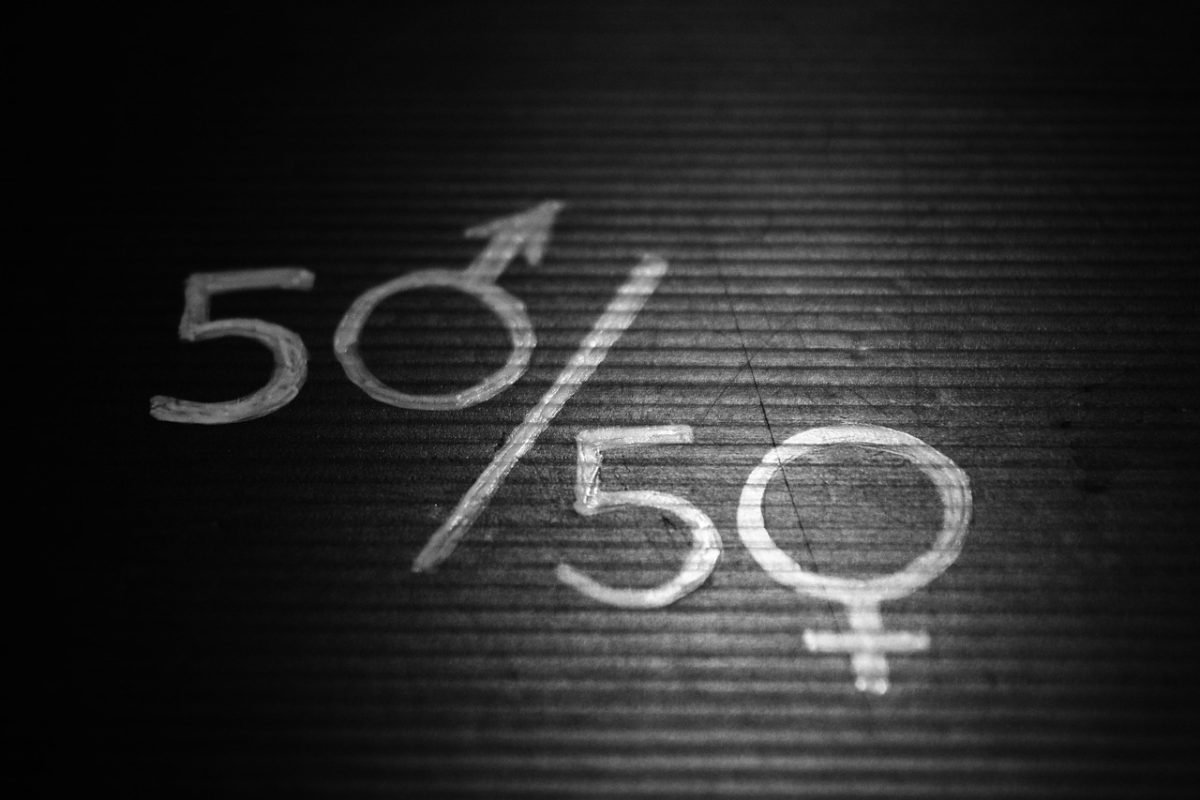



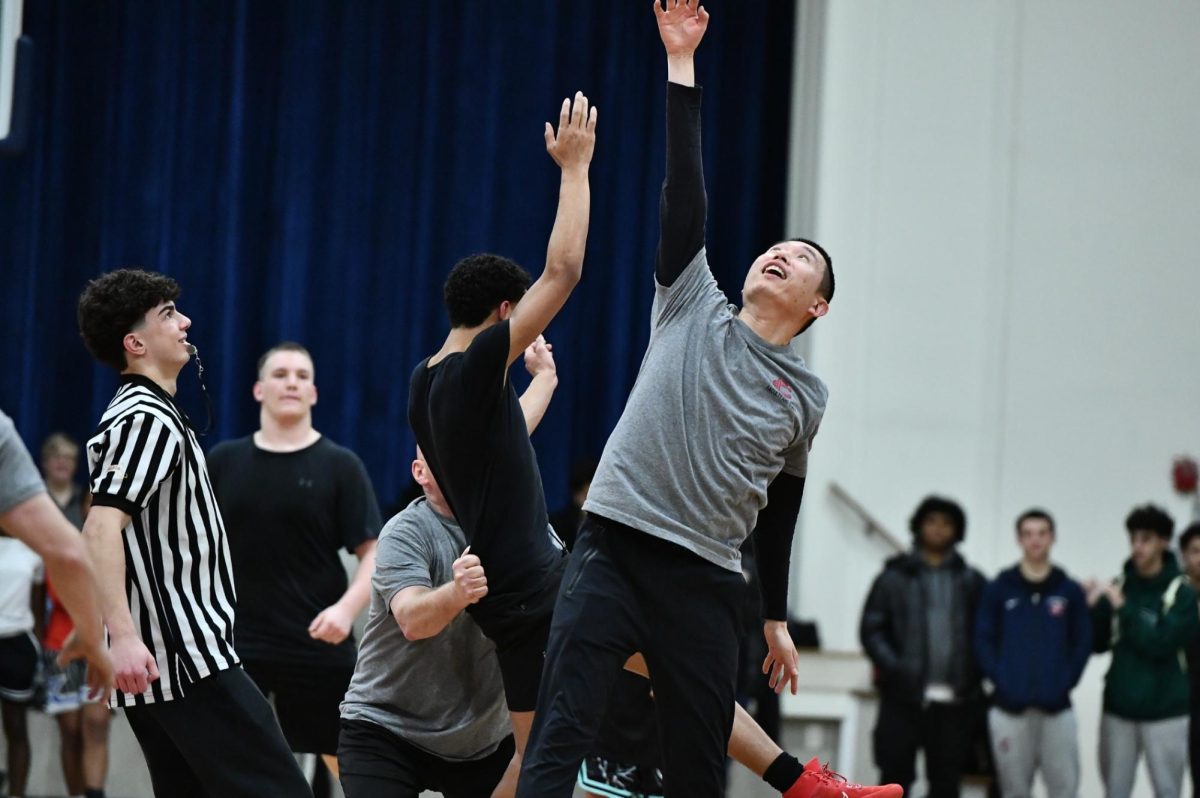
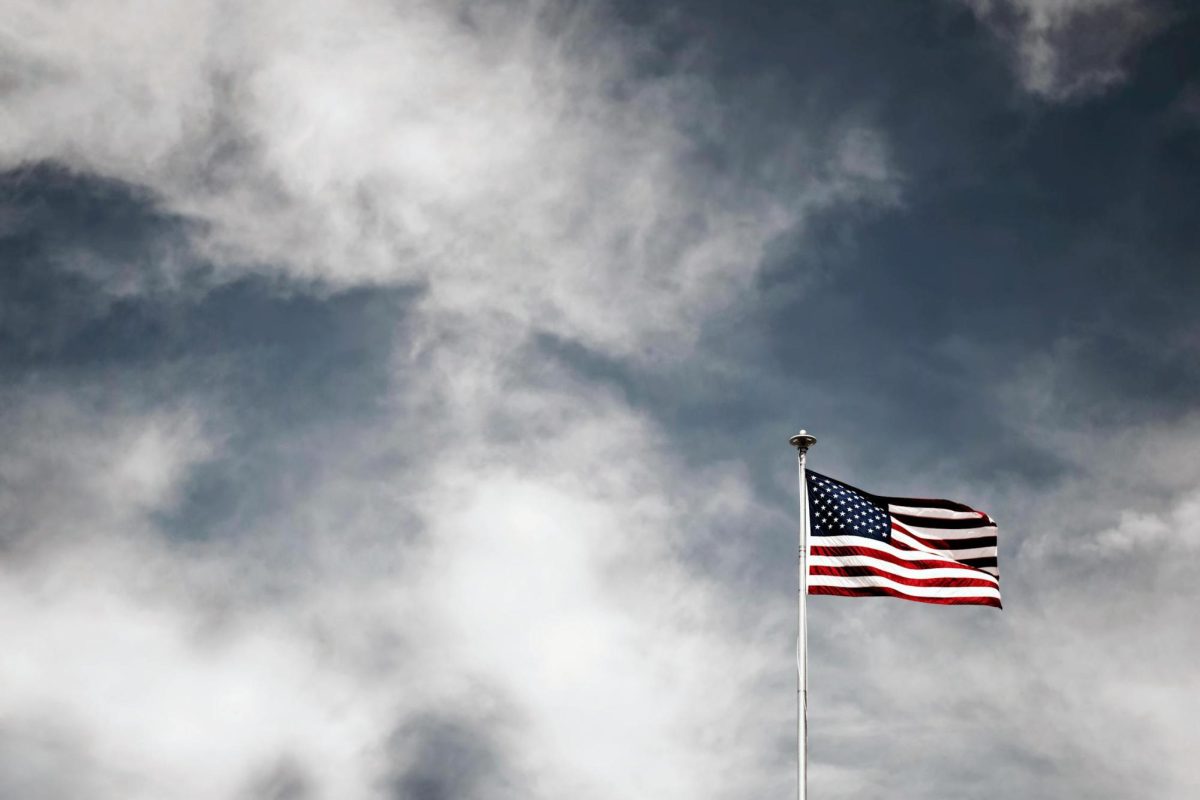

Trenton Cannata • Mar 7, 2025 at 2:43 pm
I hadn’t thought about this before with the past elections of Trump and with the fact that Kamala was the vice president last year it was great evidence for this writing. I liked how you included the inflation rates went up by 4% when Kamala was vice president. I also found Trump’s family influence to also be interesting. The charts showing statistic with the voting was also a very engaging subtopic to look at. This was a great article that summarized the presidential debate. I hope to see more of your articles in the future.